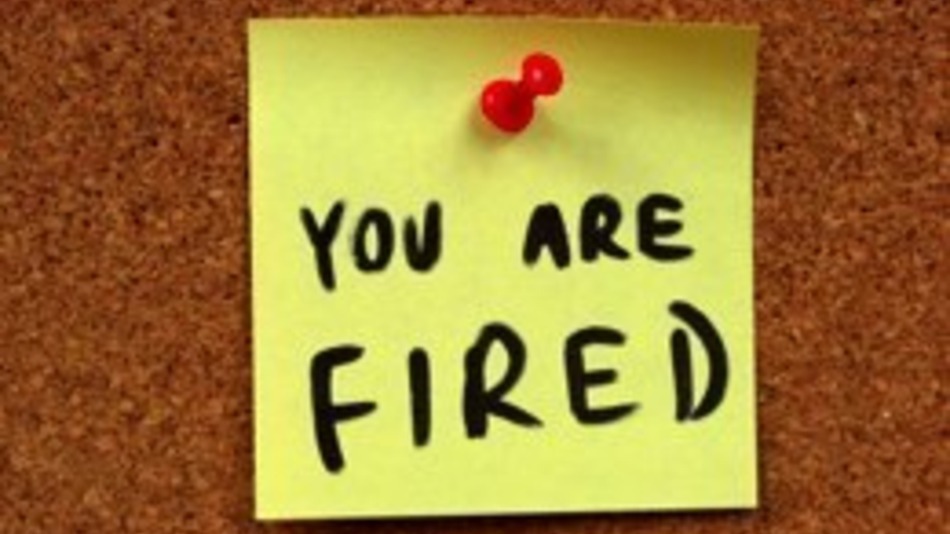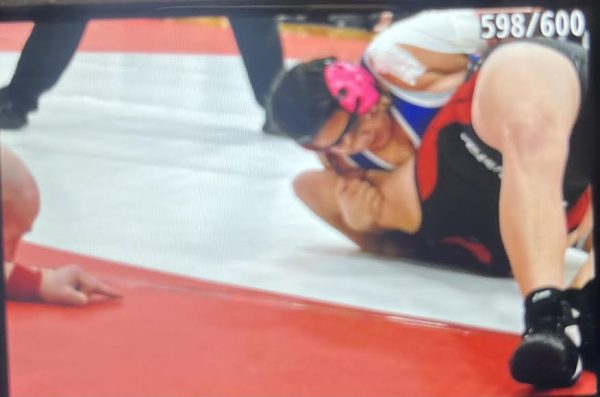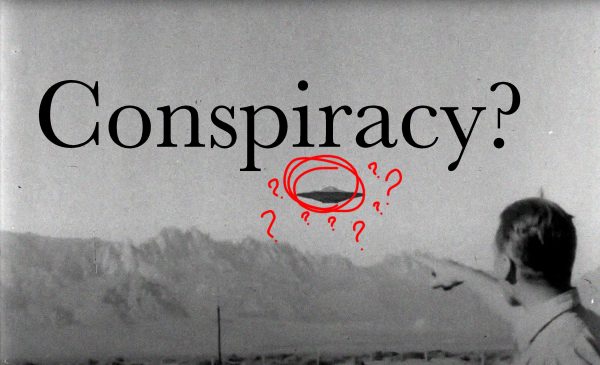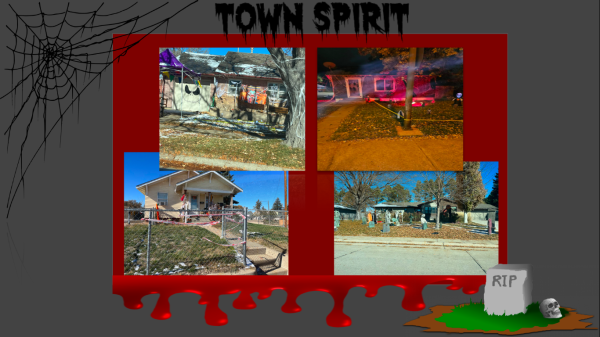You’re Fired
The Trend of Firing Coaches Midway Through The Season Is Becoming More Popular
Every year, coaches are put under pressure to succeed better than the year before regardless of the sport. If the owners and directors think that coaches aren’t living up to their expectations and aren’t doing their job, then they are fired. This usually happens after a season is over, where the teams can search for a new coach, and then get ready for next season. In extreme cases, coaches are fired with a couple of weeks left in the season, in order to give the team more time to look for a coach. In even rarer cases, some coaches are fired in the middle, or even early parts of the season.
This is what that happened to University of Southern California head football coach Lane Kiffin, who was in his second season at USC. School officials fired Kiffin when the USC football team arrived back from their blowout loss to Arizona State. It was reported that Kiffin was fired in the airport, and the team bus left to the university without him. Kiffin has had a rocky coaching career to begin with; he has coached with the Oakland Raiders in the NFL, and with the university of Tennessee, as well as other small coaching jobs that never lasted. Paul Pasqualoni, Connecticut’s football head coach, was also fired.
This trend, of not firing coaches at the end of a mediocre season, but firing them 4 or 5 games into the next season seems to be occurring more in the recent years. The concept behind it is that by getting rid of the head coach, putting in an interim coach and hoping to finish better than they would have with the old coach, is for some reason widely accepted in the sports world. By firing the head coach after a slow start, then with an interim coach leading the team to a sub .500 season, it gives the teams an excuse as to why the team did poorly.
The trend of firing a coach at the beginning of the season is picking up, but before team officials decide to terminate the head coach, maybe they should take a step back and look at the whole picture, before thinking that ridding them of the coach as soon as possible is the best option. Many teams have had a slow start, but took a step back, readjusted themselves and finished strongly. Firing coaches midway through the season is negative towards the team, and should not become the accepted practice of teams.
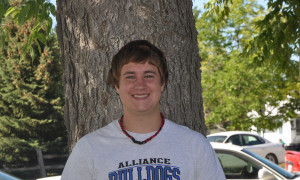
Hi, I am Brian Gould, a third year writer, and Editor-In-Chief for the SPUD. I am a Senior at Alliance High School. I play tennis for the Bulldogs. I am...

